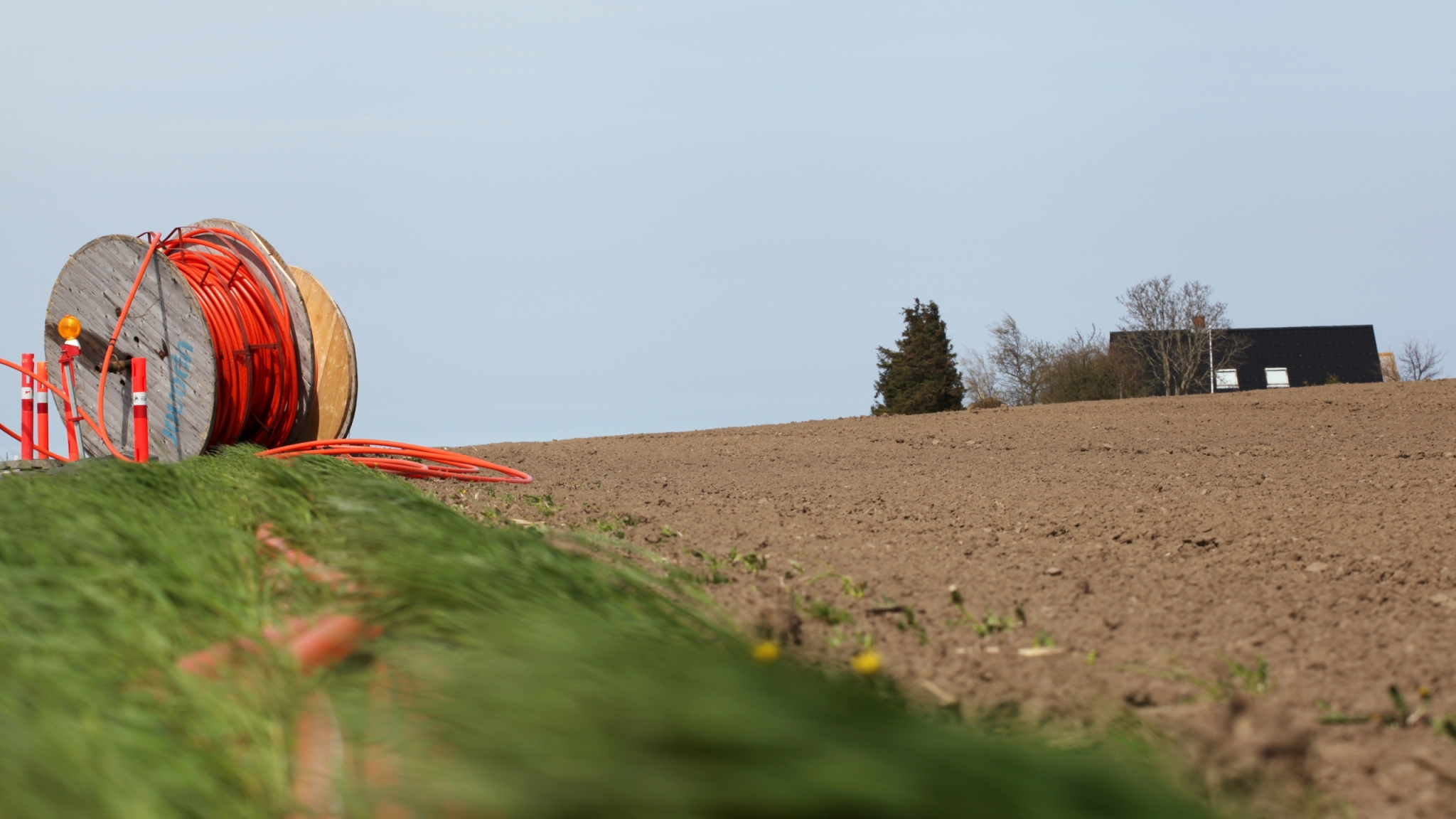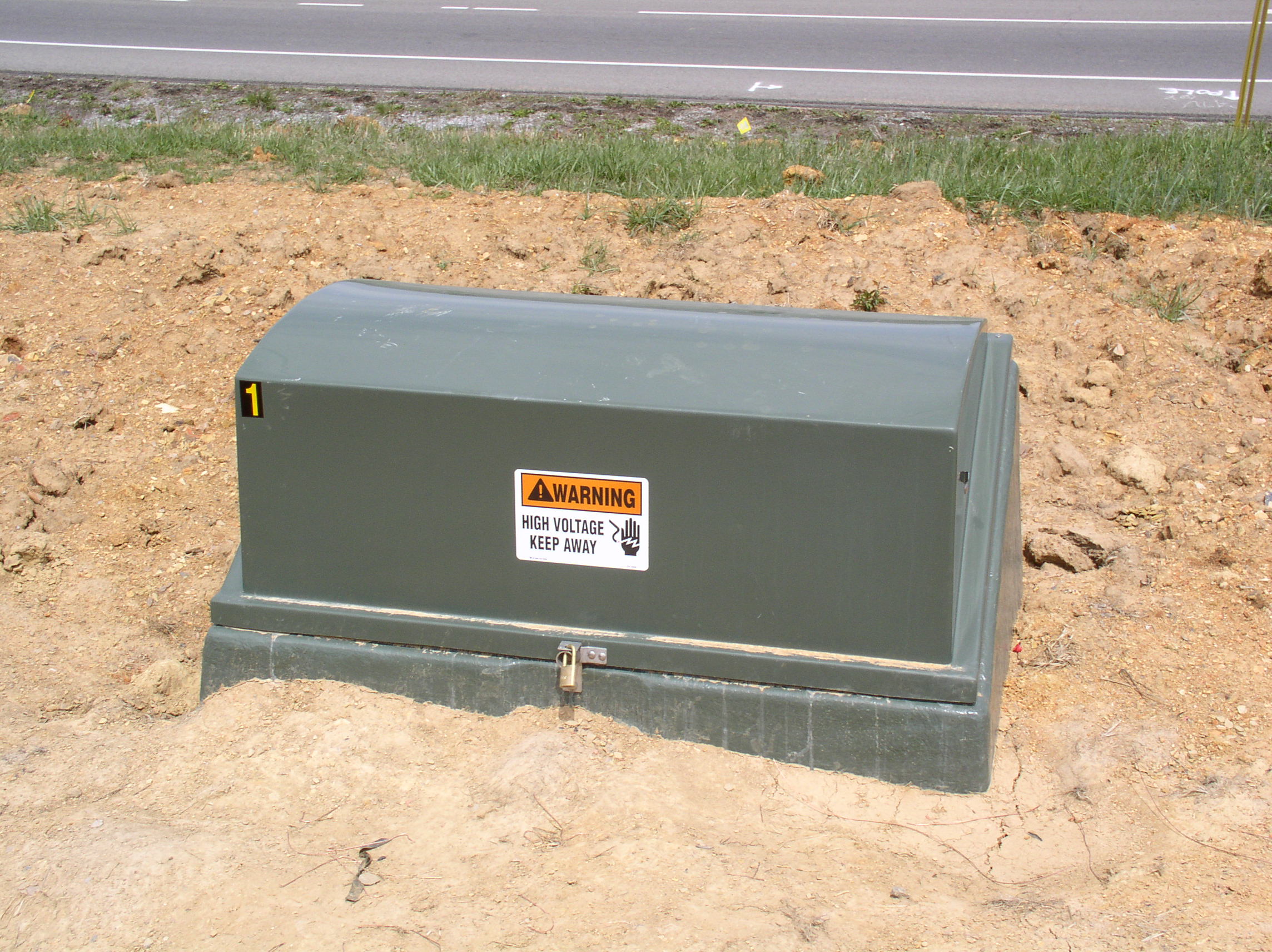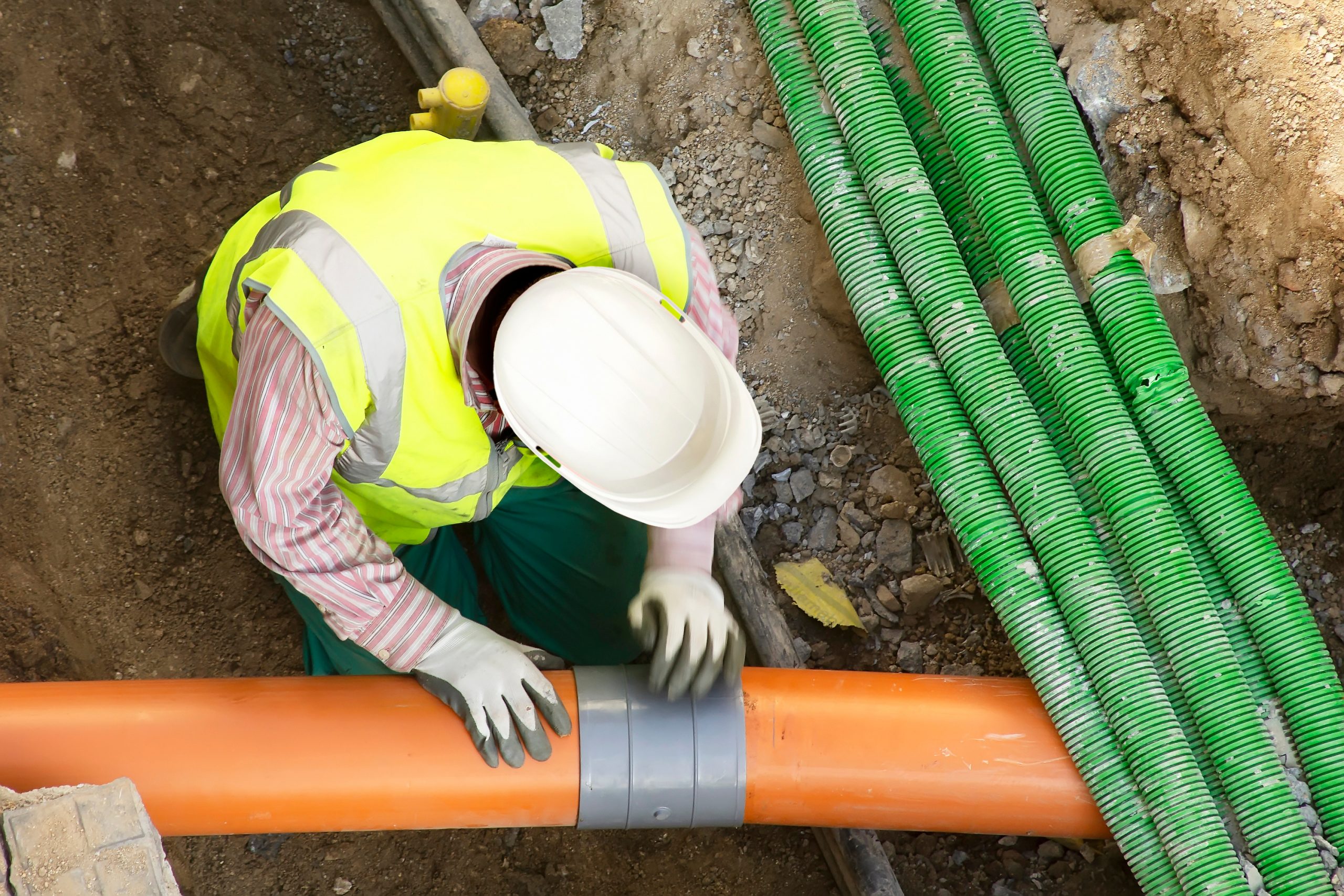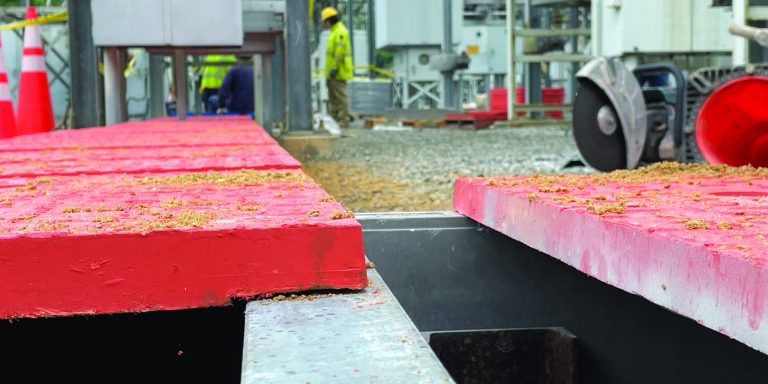February 19, 2025
Electric Utilities Lead the Charge in Expanding Broadband Access

In today’s connected world, broadband access is essential. A 2021 study by Microsoft revealed that approximately 120.4 million Americans use broadband internet, but millions of people still face barriers to reliable service. According to Broadband Now, over 42 million Americans lack adequate broadband, further deepening the digital divide and limiting access to critical opportunities for education, business, and personal growth.
A promising solution to this problem lies in Fiber to the Home (FTTH) technology, which delivers fast and reliable internet by running fiber optic cables directly to homes. This method allows for quicker, more stable connections that meet the growing demands of modern internet use.
Electric Utilities Stepping into the Broadband Arena
While electric utilities have traditionally been responsible for delivering power, many are now stepping into the broadband space. Recognizing that access to high-speed internet is just as crucial as reliable electricity, utilities are increasingly using their existing infrastructure—such as power lines and rights-of-way—to support broadband deployment, especially in rural and underserved areas.
This shift is particularly significant in rural communities where traditional broadband providers may not be willing or able to invest. By leveraging their existing networks, utilities are uniquely positioned to bring internet access to areas that have long been left behind.
Cooperatives and Municipal Utilities at the Forefront
Cooperatives and municipal utilities are playing a central role in broadband expansion, particularly in rural regions. These local entities, which have a deep understanding of their communities’ needs, are ideal partners for broadband initiatives. For example, in Alabama, eight rural electric cooperatives have joined forces to form a single entity focused on broadband expansion. Their collaborative efforts have already led to job creation and an estimated $500 million in economic impact.
The National Rural Electric Cooperative Association (NRECA) has provided critical support to these utilities, helping them navigate the complexities of FTTH deployment. By tapping into these resources, cooperatives are overcoming the barriers to broadband access and driving economic growth in their regions.
Public Utilities Accelerating Broadband Access
Public utilities, too, are key players in expanding broadband. Many public power providers are taking steps to enhance their broadband offerings by partnering with local stakeholders and investing in infrastructure. With their existing infrastructure and local connections, public utilities are well-positioned to extend broadband access to underserved communities.
A New Role for Utilities in the Digital Age
The growing involvement of electric utilities in broadband expansion marks a major shift in the utility landscape. No longer focused solely on delivering electricity, utilities are becoming key players in the effort to provide reliable internet access to all Americans. By utilizing their existing infrastructure and forming strategic partnerships, utilities are helping to ensure that high-speed internet reaches even the most remote areas.
As utilities continue to embrace broadband deployment, they are playing a critical role in creating a more connected, digitally inclusive future. By working together with local communities, these utilities are bridging the digital divide and powering a new era of economic opportunity.
The involvement of electric utilities in FTTH expansion represents a promising solution to the nation’s broadband challenges and Oldcastle Infrastructure can help electric utilities build the underground network and connect it to the premise. Check out our communications solutions at: Communications Solutions | Oldcastle Infrastructure



